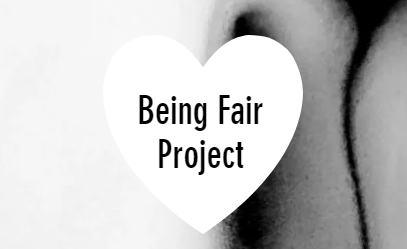Rifah
- Jun 7, 2017
- 3 min read

Meet me. As an 18 year old ready to graduate high school, I’m just as confused as any young adult, just somehow navigating through the world, trying to make sense of it and myself. If things weren’t already tough, mix in the two vastly different cultures I belong to and you’ve got a mess known as Rifah. As a Bengali American, I’ve always tried to hide who I was. I had mastered the art of compartmentalizing my cultures, submitting fully to the American side of me and suppressing the Bengali side to the fullest extent. But it didn’t work for me. I am not just a girl growing up in America, speaking English with my peers and eating burgers and fries during lunch. I am also a brown girl with roots in Bangladesh, speaking my mother tongue Bengali at home and eating rice and curry nearly every day. I have learned to accept and love that. Today, the lines between the American me and the Bengali me are blurred more and more, to the point where they’ve merged completely to create a beautiful combination.
One of the hardest things about growing up as a brown girl is all of the mixed messages you get, from people inside and outside of your community and the media you consume. From my elementary and middle school peers, I often got labeled as “exotic” or “foreign”, the girl with the long black hair and eventually the girl with the hijab. From people in my community, I got labeled as the “dusky” girl who was so much lighter as a baby. From the media, I got labeled as the perfect candidate for skin lightening creams and other products that could help me get rid of my insecurities. With so many opinions and ideas of beauty being pressed down on me, I grew up confused. Looking back, without even knowing it, I did learn to hate my skin color.
Having problems at your job? Not being recognized? Fights with your loved ones? Pressures to get married? Self confidence issues? The answer to all those problems and more was simple; fairness creams. Growing up, I saw countless advertisements on different South Asian television channels telling me that the cause of all of my problems was my skin color. If I was light skinned, I’d have it all. The job, friends, boys, courage, everything would be at my fingertips. Watching these advertisements as a kid, I didn’t really understand what it meant. It was just another cosmetic product, right? Wrong. Fairness cream brands like Fair and Lovely spoon fed me issues I didn’t even know I had and gave me an easy solution; just buy the cream. But I don’t want to buy it and don’t want anyone else to buy it either.
I never want someone to look at their skin color and feel ugly. I never want someone to look at their skin and feel self conscious. I never want someone to look at their skin color and feel like they need to change. I never want someone to look at their skin color and feel like they’re alone. I have felt that way and is the worst you could ever feel about yourself. This is why I have decided to create this project. I wanted to amplify the voices and stories of women just like me who are learning to love their skin color and themselves more and more every day. By learning about different stories and supporting one another, we get closer to bringing an end to unfair standards. The Being Fair project is about us, who we are and who we hope to become. Let’s be fair, shall we?























Comments